In his presentation, Iskander emphasized that Egypt has a deep-rooted history in steel and rebar production, noting that ancient technologies such as the smelting of iron, which is considered among the 10 most important materials in history, emerged in Egypt. He also drew attention to important developments such as crucible steelmaking in India, the Bessemer process, pig iron production developed in China, and wrought iron structures realized by François Coignet in Egypt in the 19th century.
Iskander also shared information about the steel infrastructure in Egypt and explained the history of important facilities such as Delta Steel Mill and Helwan Steel Complex. Ezzsteel is a pioneer in the sector as the first integrated steel plant to use electric arc furnace (EAF) technology.
Stating that Egypt is the leader among Arab countries with 10.7 million tons of crude steel production in 2024, Iskander added that Ezzsteel is by far the leader in the market with a 43% share.
Pointing out that the demand for high quality rebar continues to increase in Egypt's growing infrastructure projects, Iskander emphasized that the sector will continue to develop on the axis of technological innovations and sustainability.
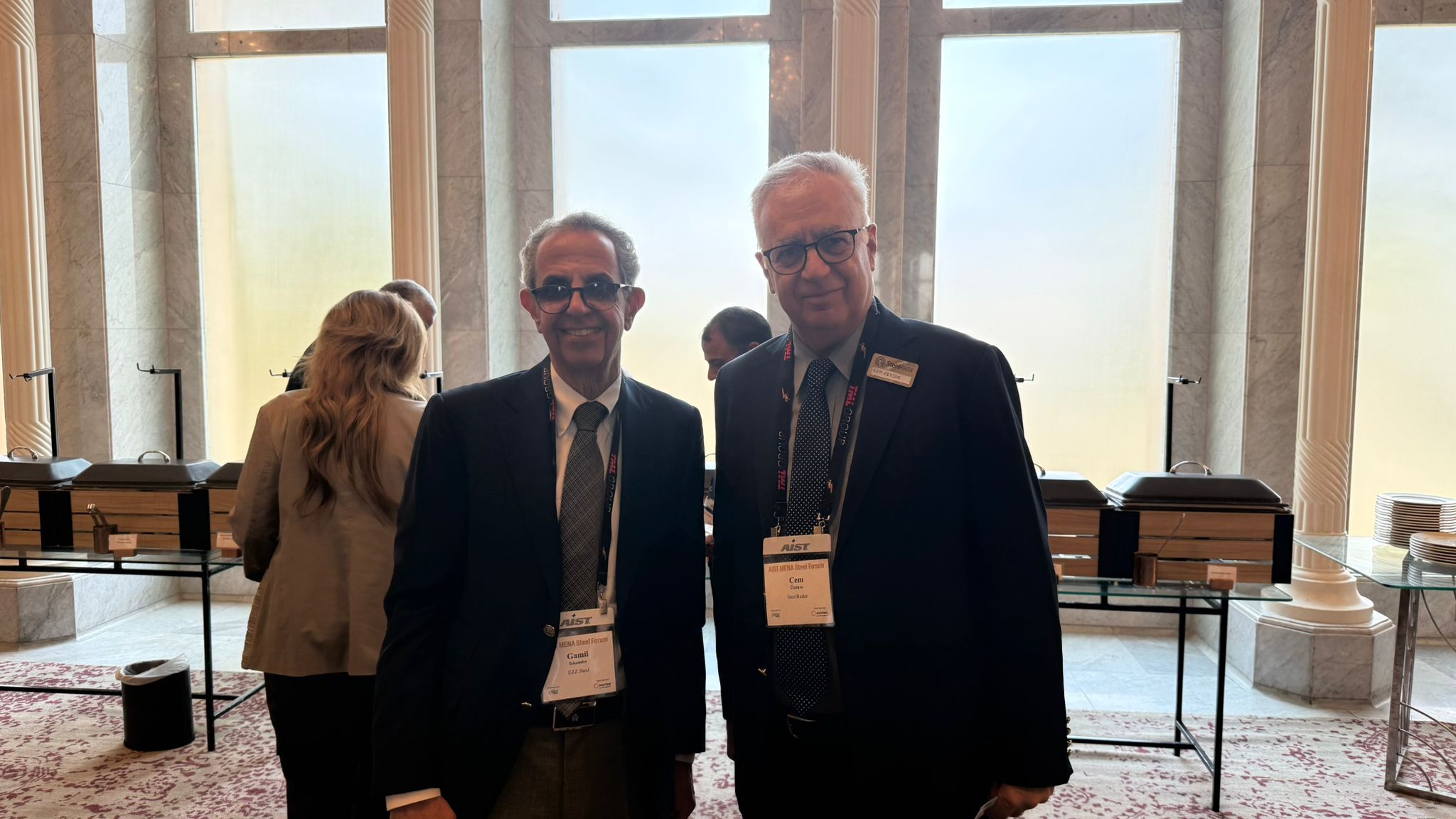
Gamil Iskander highlighted an important topic at the MENA Steel Forum 2025. Mr. Iskander stated that TMS (The Minerals, Metals & Materials Society) is an international professional society founded in 1957 in the United States of America and active in the fields of materials science, metallurgy and engineering. He stated that TMS is an important institution that supports research, education and industry collaborations by bringing together academics and industry professionals.
Iskander announced that to commemorate the 50th anniversary of the TMS, the 10 most important materials in history were selected by the votes of the members of the scientific community. According to this list, the Periodic Table, developed in Russia by Dmitri Mendeleev in 1869, ranked first. It was also emphasized that the smelting of iron took place in Egypt in 3500 BC and was a major turning point. The transistor, one of the cornerstones of electronics, was invented in the United States in 1945, while the invention of glass took place in Egypt in 3500 BC.
In addition, it was stated that the optical microscope was developed in the Netherlands in the 1600s, modern concrete production started in the United Kingdom in 1824, and crucible steel making was realized in India in 300 BC. It was pointed out that the extraction and casting of copper was carried out in Türkiye in 5000 BC. X-ray diffraction was discovered in Germany in 1912 and is considered an important development in the world of science. Finally, the Bessemer process, which revolutionized steel production, was developed in the USA in 1856.
After the presentation, Iskander met with SteelRadar and emphasized Türkiye's historical role in this picture and its importance in the steel industry today.
MENA Steel Forum 2025 will continue in Cairo until June 26.


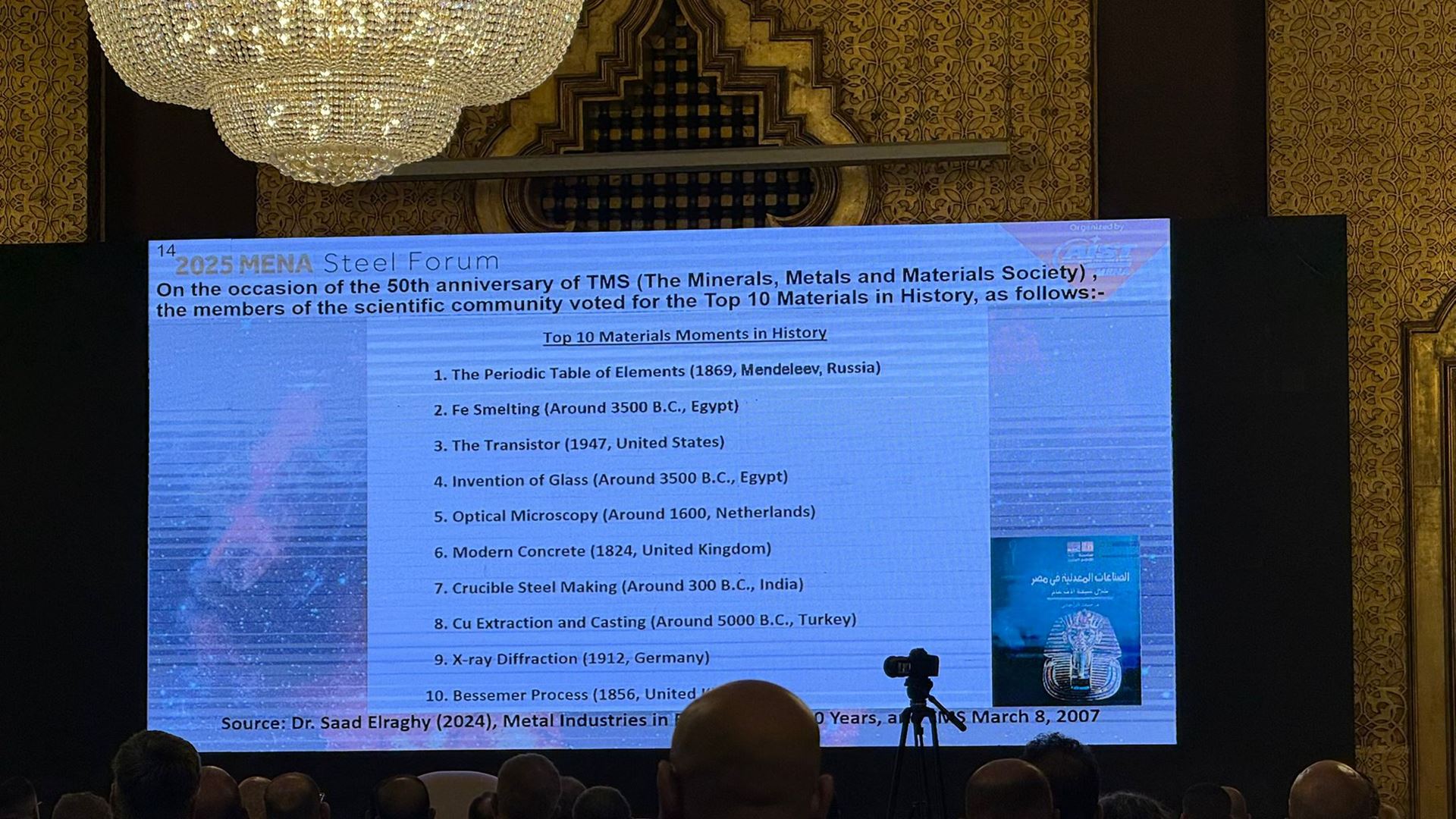


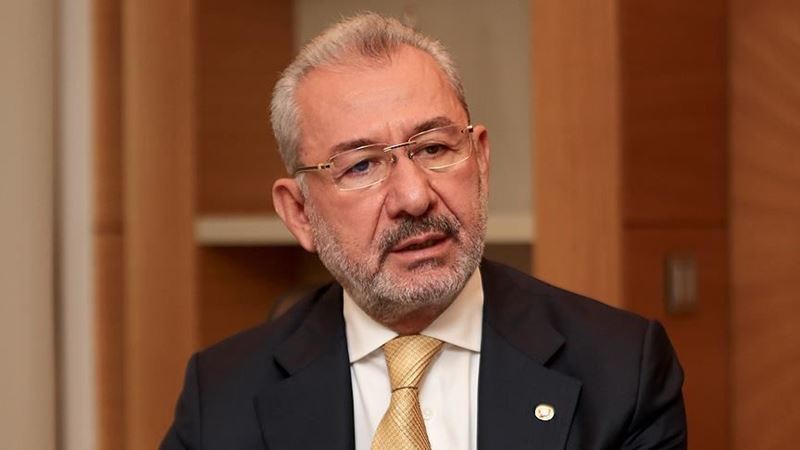
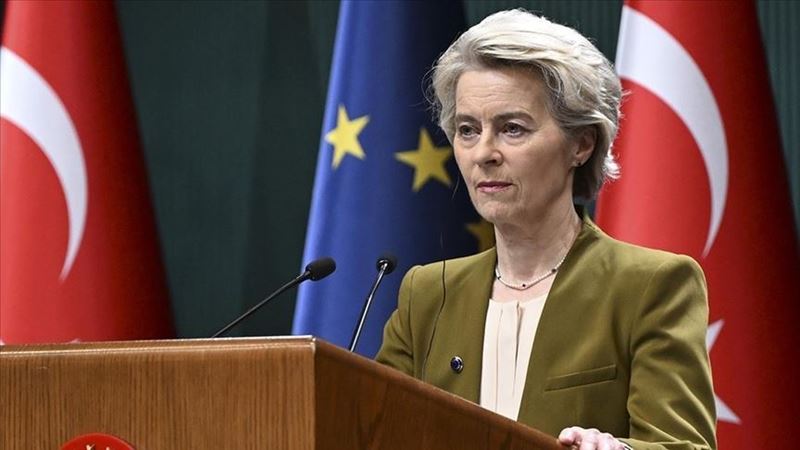
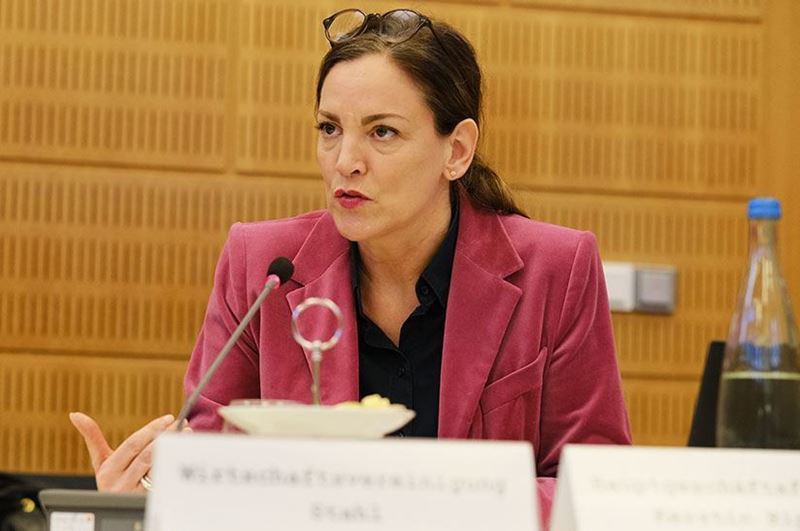
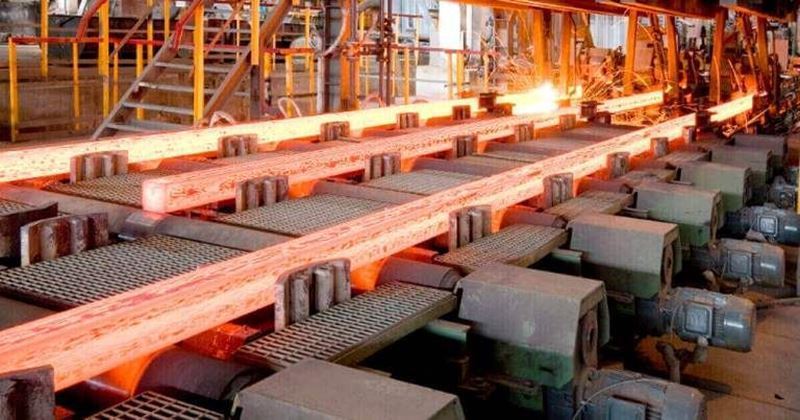


Comments
No comment yet.